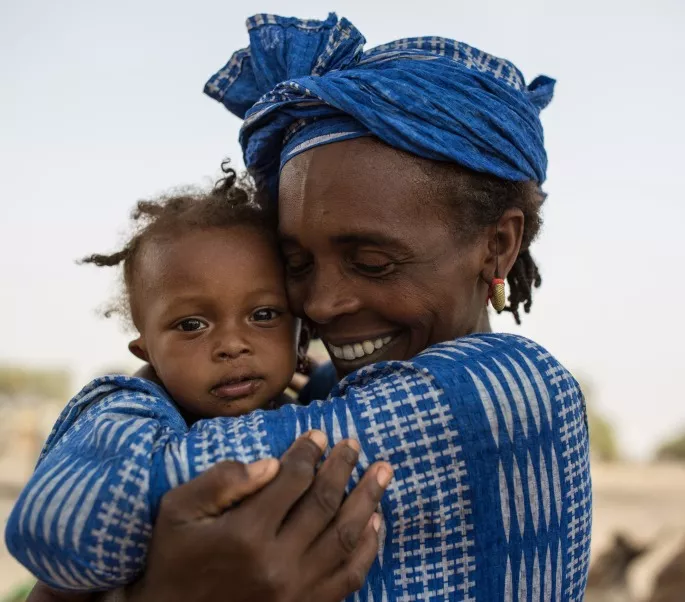I recently finished my graduate school applications, and it took hundreds of hours just to apply. It involved a ridiculous amount of time spent researching schools, cities, potential supervisors, programs, and completing the application. While I was completing my application, I was able to easily answer a lot of the prompts.
“Why do you want to pursue a graduate degree in this area?” 
“What research experiences do you have?” 
“What are your research interests?” 
However, the question that left me stumped was “What differs you from other applicants?” And I knew being a Muslim woman in the West made me different from other applicants, but how? How does my identity as a Muslimah impact my decision to apply to graduate school and the kind of graduate student I would be? I pondered and I reached a conclusion. Even if I get rejected from all the schools I applied to, I know the entire process was worth it because I reached this conclusion. It is so invaluable to me that I know it is better than any graduate degree I could have. So, what was the conclusion that’s worth more than a graduate degree and hundreds of hours of research?
It was the importance of practicing our deen holistically. Our deen is not just limited to following the five pillars of Islam, but it should be a part of every breath we take, every decision we make, and every word we say. But wait, isn’t this obvious? Yes, but it hit me in a way I never had thought about before. These are some of the lessons I derived.
1) I thought about what my niyyah was to go to graduate school. Was it to make money? Earn credentials? Launch my career? Or was it to serve Allah by serving and understanding His creation? It made me realize how many times we do things in our daily lives just for the sake of doing them. There’s no real intention behind them. However, we know the importance of niyyah in Islam.
‘Umar bin Al Khattab narrated I heard Allah’s Messenger (ﷺ) saying, “The reward of deeds depends upon the intentions and every person will get the reward according to what he has intended” (Bukhari).
So, what if I made my niyyah every day to serve Allah SWT through my actions whether it was being kind to my parents, checking up on a friend, doing dawa’ah work, or studying for an exam? How different would my outlook be and how would that change my actions?
2) I knew that the road to research is windy, filled with twists and turn and that I may not get funding, my project may be halted, my results may not match my hypotheses and so on. But how would I be resilient in the face of the stress of an entire degree being based off of the results of experiments that can go wrong in so many different ways? By trusting the qadr of Allah, having sabr, and expressing shukr.
I was reminded of a hadith where the Messenger of Allah (ﷺ) said:
“How wonderful is the affair of the believer, for his affairs are all good, and this applies to no one but the believer. If something good happens to him, he is thankful for it and that is good for him. If something bad happens to him, he bears it with patience and that is good for him.” (Narrated by Muslim).
How could I be be distraught when something went wrong when I know Allah will reward me if I am patient and when I know that Allah is the Best of Planners? In the Qur’an, Allah (SWT), says,
“But they plan, and Allah plans. And Allah is the best of planners.” (8:30)
3) It also made me realize that contemplating and pondering (tafakkur and taddabur) over the ayaat, signs, of Allah is indeed an act of worship that is often glossed over when we are taught in Islam.
“Who remembers Allah while standing or sitting or [lying] on their sides and give thought to the creation of the heavens and the earth, [saying], ‘Our Lord, You did not create this aimlessly; exalted are You [above such a thing]; then protect us from the punishment of the Fire'” (Qur’an 3:191).
Being in awe of human biology is not just an intellectual act. It is a spiritual act if it involves magnifying our rabb when we observe and reflect on the way He has created us with such precision. سُبْحَانَ اللّهِ وَ بِحَمْدِهِ SubhanAllahi Wa Bihamdhi. Indeed, our Lord is perfect and all praise belongs to Him. Realizing this and continuing to reflect made me appreciate all that is around us and increased my motivation to pursue a graduate degree, and more importantly, it made me appreciate Allah (SWT) more and improved the quality of my dhikr.
4) I always heard horror stories of graduate students having supervisors which made their lives difficult and toxic lab culture with graduate students competing with each other. As a Muslimah, how should I act? Alhamdulillah, Allah and His Messenger (ﷺ) have already told us how because we are commanded to adab and akhlaq all the time with everyone.
The Messenger of Allah (ﷺ) said, “I was sent to perfect good character” (Bukhari).
5) In one of my ‘ilm sessions, we learned about acquiring and implementing knowledge that benefits us in the aakhirah.
Jabir reported: The Messenger of Allah (ﷺ) said: “Ask Allah for beneficial knowledge and seek refuge in Allah from knowledge without benefit” (Ibn Majah).
Even though this hadith is made in reference to learning and practicing the deen, I realized that it also applied to the career choices I was making. This Islamic concept provided me with guidance on my career path which is to gain knowledge that can be applied through research which will benefit patients, which can be an act of sadaqah.
How does being a Muslim make me unique in a field where believing in only science is the trend? It is because as Muslims we should strive to live a life fee sabilillah, for the sake of Allah. When we truly understand what that means, our outlook and attitude towards life should change. We bring a whole new perspective and understanding to any career path we choose because we are not enslaved by the desires and goals of the dunya when we are a slave to Allah. It should give us clarity in the decisions we make, the way we behave, and the way we live.



